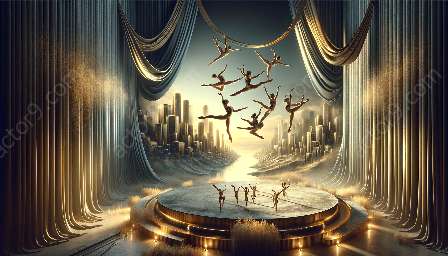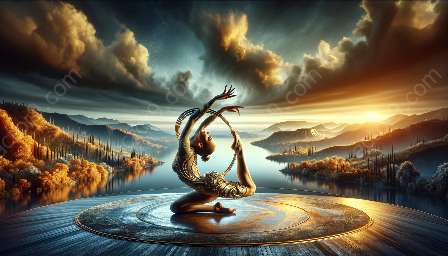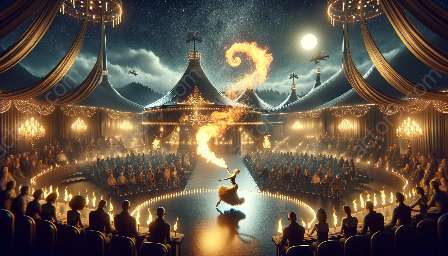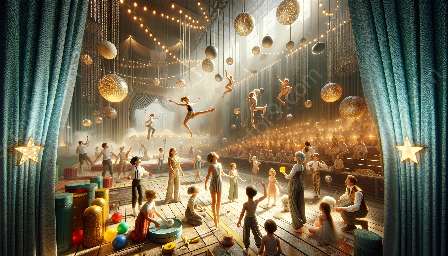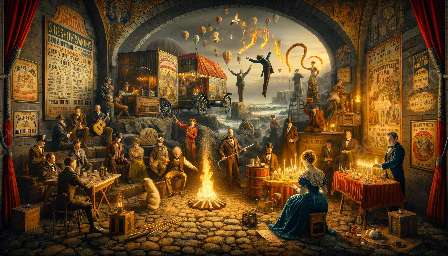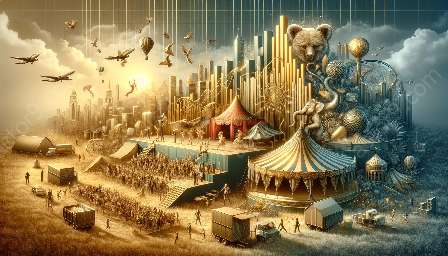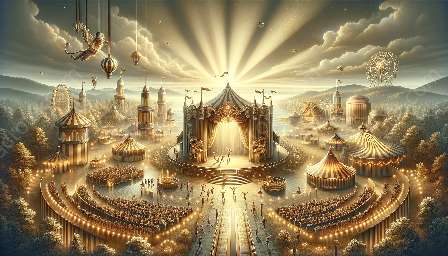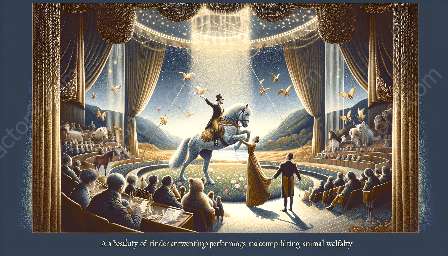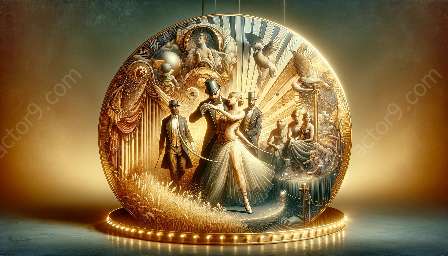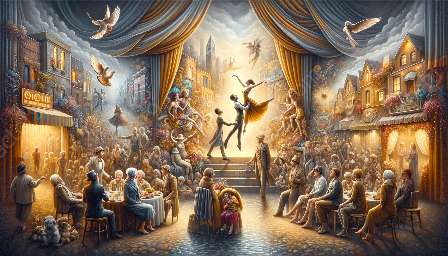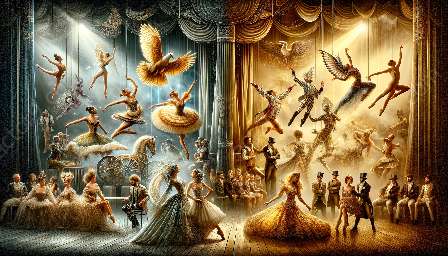The circus has been a celebrated form of performing arts for centuries, captivating audiences with its dazzling displays of human talent and extraordinary feats. In recent years, circus festivals and competitions have experienced a resurgence in popularity, attracting both performers and spectators from around the world. Concurrently, the rise of social media has transformed the way we interact and engage with entertainment and events, including those in the circus community.
Impact on Promotion and Publicity
Social media platforms such as Facebook, Instagram, Twitter, and YouTube have become powerful tools for promoting and publicizing circus festivals and competitions. These platforms provide organizers with the means to reach a global audience, create buzz, and generate excitement leading up to the events. Circus performers and troupes can showcase their skills, share behind-the-scenes glimpses, and interact with fans, building anticipation and increasing attendance.
Enhancing Audience Engagement
Social media enables organizers to maintain constant contact with their audience, keeping them informed about showtimes, special events, and workshops. Through interactive posts, live streaming, and interactive Q&A sessions, the audience can feel connected to the circus community, fostering a sense of belonging and loyalty.
Shaping the Future of Circus Events
With the widespread use of social media, circus festivals and competitions have the potential to adapt and evolve in response to audience feedback and preferences. Data and insights gained from social media interactions can inform future programming, marketing strategies, and event logistics, ensuring that the circus remains relevant and appealing to contemporary audiences.
Challenges and Opportunities
While social media offers numerous advantages for circus festivals and competitions, it also presents challenges. Striking a balance between promoting the events and preserving the magic of live performances is essential. Additionally, the circus community must navigate the ethical considerations of capturing and sharing performances online, respecting the artistry and intellectual property of the performers. In seizing the opportunities presented by social media, the circus can embrace innovation while upholding its traditions and values.
Conclusion
Social media has undeniably become an indispensable part of circus festivals and competitions, revolutionizing the way they are marketed, experienced, and enjoyed. By leveraging the power of social media, the circus community can continue to thrive, attract new audiences, and preserve the art of circus for generations to come.







